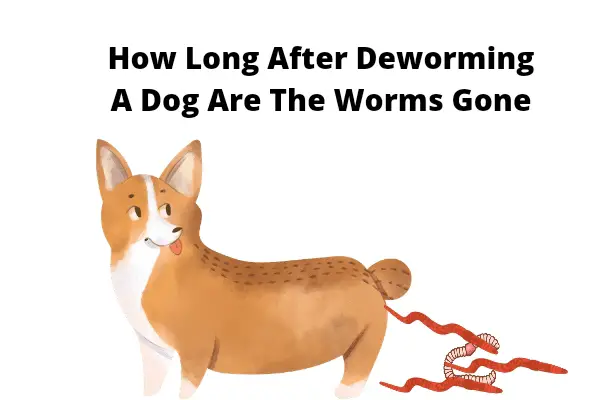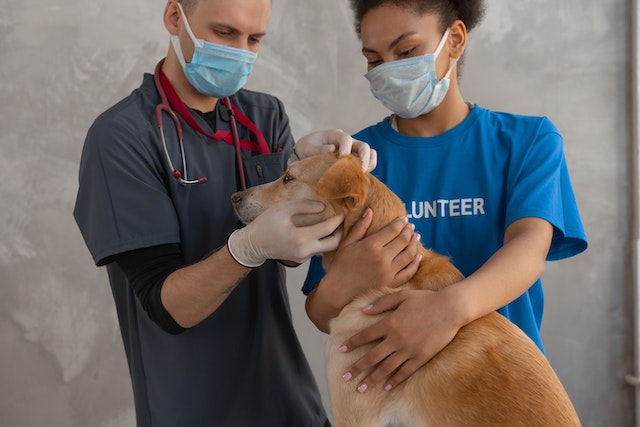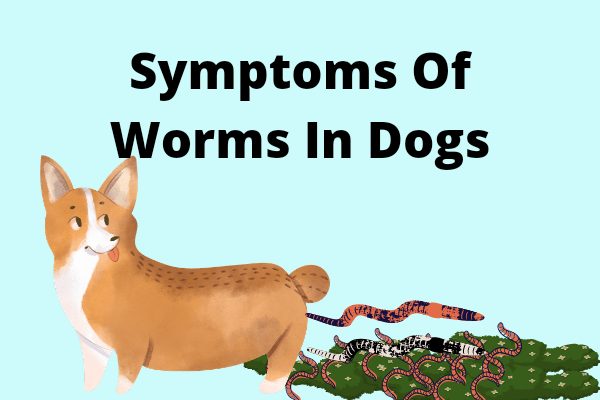Why Do Pugs Sleep So Much (6 Reasons & More)
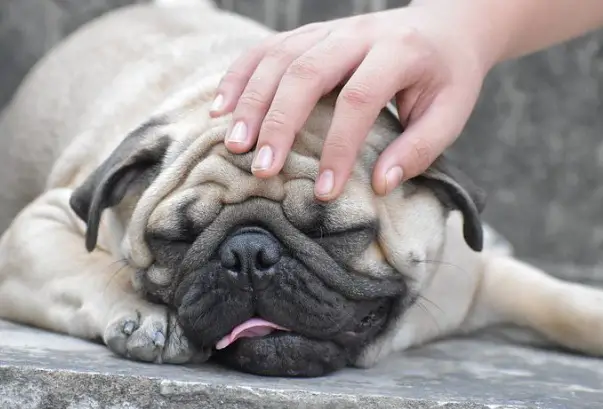
All small breeds of dogs love to sleep, but some sleep more than others, so why do pugs sleep so much, let’s find out together.
We will outline and discuss all the common reasons why your pug may sleep more than usual or expected.
We will also outline and answer some common questions regarding pugs and how they sleep, so continue reading.
So…
Why Do Pugs Sleep So Much
Pugs sleep a lot because they become tired rapidly, and it’s difficult for them to exercise for lengthy periods of time owing to the shape of their nose; they’d rather nap than run about.
Pugs need enough sleep for their bodies and minds to function at their best, allowing them to master, absorb, and retain memories as well as acquire new abilities and orders from their owners.
Sleep is also beneficial to pugs in order for them to be stress-free. For their physical and mental well-being, senior pugs demand additional sleep hours.
There are still some extra factors that influence how long pugs sleep, such as lack of mental stimulation and too many physical activities.
Some of the most common causes of your pugs sleeping more than normal include:
1. Excessive physical activities
A pug might grow weary from too much physical activity, which can lead to tiredness and the next is napping.
Pugs that get too much activity sleep for longer periods of time than they should.
If your pug appears to be napping excessively, you should look into his or her physical behavior.
Heat exhaustion is prevalent in pugs, and excessive exercise can lead to heatstroke. This is why you should never let your pug get involved in too many physical activities.
You should always keep track of your pug’s physical activity to avoid unnecessary health implications.
2. The age
The age of a pug has a big influence on how the dog sleeps; this is due to the dog’s level of activity.
Pugs’ activity level declines as they age, requiring them to sleep more to maintain a happy lifestyle.
As a result, your pug will likely slow down and take more naps in a bright part of the house as she gets older.
A newborn puppy, on the other hand, sleeps more because it needs more sleep in order to develop correctly.
Consider your pug’s age as a role in how long he or she sleeps if he or she is sleeping excessively.
3. Lack of mental stimulation
A lack of cognitive stimulation in pugs not only increases pug behavior disorders such as aggressiveness but also encourages excessive napping.
As a consequence, if your pug isn’t destroying something or napping somewhere, it’s either destroying something or napping somewhere.
Providing your pug with the appropriate amount of mental stimulation activities can assist to keep him engaged.
4. Sign of excessive weight gain
There are several health issues that are typical in small dogs, as well as a few that are unique to the pug breed.
Pugs’ sleeping rate or cycle may be influenced by a variety of health issues like excessive gaining of weight over time.
Pugs with obesity are more likely to be sick and sleep more than they should.
Obesity is a serious illness that can lead to or exacerbate musculoskeletal and metabolic problems, all of which can interfere with pug sleep.
5. Boredom and loneliness
A lonely pug may sleep more or less than normal since pugs are prone to separation anxiety.
On the other hand, because of the stress, some lonely pugs may not get enough sleep, which can contribute to undesired behavior in pugs.
Boredom is a common cause of pug behavior problems, and your dog may vent his frustrations by barking or digging holes in your yard or on his bed.
Your pug is probably taking a lot of naps because he’s bored and doesn’t know what else to do.
6. Overfeeding
Giving your pug more food than the vet recommends can lead to obesity as well as lethargy, causing them to sleep more than normal.
As amusing as it may sound, overfeeding your pug may cause them to sleep longer than intended since they are too sluggish to do anything else.
If your pug is napping for longer periods of time than normal, be sure you’re not overfeeding him.
Overfeeding can lead to a variety of health problems, so see your veterinarian for a feeding plan and follow it.
Benefits of sleep to Pugs
Some of the most common reasons why pugs benefit from napping are as follows:
- Pugs benefit from sleep since it supports healthy and continual growth.
- Pugs with regular sleeping patterns may have less brain deterioration.
- Pug’s immune systems are boosted by napping.
- Pugs benefit from sleep because it helps them to form new brain connections.
- Pugs’ thoughts are kept sharp by getting enough sleep with no distractions.
- Pug’s ability to learn improves while they sleep.
- The Pug’s body conserves and replenishes energy during sleeping.
- Pugs need to sleep to keep their hearts healthy.
- Pugs sleep to relieve stress.
- In pugs, sleeping helps with depression therapy.
Signs that your pug is sleeping too much
Here are a few symptoms that your pug is napping excessively:
- The sleeping habits of your pug have changed drastically.
- Even if there’s something better to do, your pug sleeps, even if it’s something that would normally pique her interest.
- Your dog’s resting habits are interfering with his or her ability to eat or drink.
- It’s difficult to wake up your dog in the morning.
- Even in the middle of a game, your dog falls asleep unexpectedly (narcolepsy).
- Your dog wakes up unexpectedly, frightened or stressed.
- Sleepiness is often accompanied by additional issues, such as staring at corners or walls.
How to control your pug from sleeping excessively
Here are some typical methods for controlling your pug if he or she is sleeping excessively:
- Increase the amount of time you spend with your pug.
- More mental stimulation activities should be provided.
- Increase the amount of time you spend exercising your pug.
- Examine your pug’s food.
- More interesting and interactive toys should be available.
- Create and keep to a regular regimen.
- Pay a visit to your veterinarian.
Can pugs sleep alone
Yes, pugs can sleep alone if they are properly trained and provided with a calm, stress-free and comfortable bed in their environment.
How to make a pug fall asleep
Here are some common ways to help a pug get or fall asleep:
- Provide a comfortable bed.
- Create a good sleep environment.
- Avoid loud sounds and distracting sounds.
- Play a calming music.
- Play the fetch game minutes to burn off excessive energy.
- Keep away favorite toys.
- Avoid bright light in the area you want your pug to sleep.
- Train your pug to sleep in a crate.
- Consider any sleep disruptions.
- Keep away food or strong scent treats or food.
How long do pugs sleep at night
A healthy pug can sleep uninterruptedly for 6 to 8 hours straight on average if their surrounding is peaceful and stress-free.
How many hours of sleep does a pug need
Pugs require more sleep hours for their physical and mental well-being; thus, in the absence of any sleeping disorders, stress, anxiety, or excessive energy, a healthy pug should sleep for 8 to 12 hours a day on average.
As she gets older, your pug will likely slow down and take more naps in a sunny location around the house.
Do pugs like to sleep with their owners
Yes, pugs like sleeping near their owners as a sign of affection, intimacy, and connection, and it indicates that your pug is at ease in your presence.
Your pug feels comforted by your presence and wishes to know that you are available to him on a regular basis.
Pugs, on the other hand, could sleep on your head for a number of reasons, such as separation anxiety, fear, or stress.
Why do pugs sleep on your head
Pugs sleeping on your head are a sign of affection, intimacy, and connection, and it indicates that your pug is at ease in your presence.
It’s also recommended that you and your pug sleep close together to prolong the bonding process that began when you first met.
Your pug feels comforted by your presence and desires to know that you are available to him on a regular basis.
Pugs, on the other hand, may sleep on your head for a variety of reasons, including separation anxiety, fear, and tension.
Do pugs sleep with their eyes open
When pugs’ eyelids will generally flicker slightly while sleeping, your pug’s eyes will be wide open and looking blankly, accompanied by involuntary actions, which is considered a survival strategy and involuntary activity for pugs.
In other circumstances, it allows them to keep part of their brain attentive to predators and other hazards while the other relaxes.
Your pug may sleep with their eyes open if they are dreaming. The twitching of their legs is typically accompanied by this. To some extent, it’s natural.
Although it may appear weird to watch your pug sleeping with their eyes wide, if your pug’s eyelids do not close completely during sleep, you should consult your veterinarian.

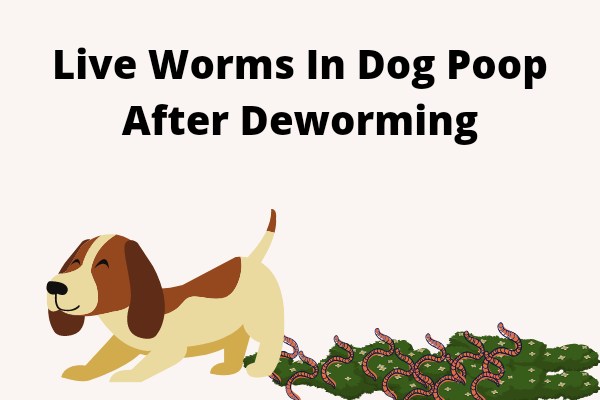
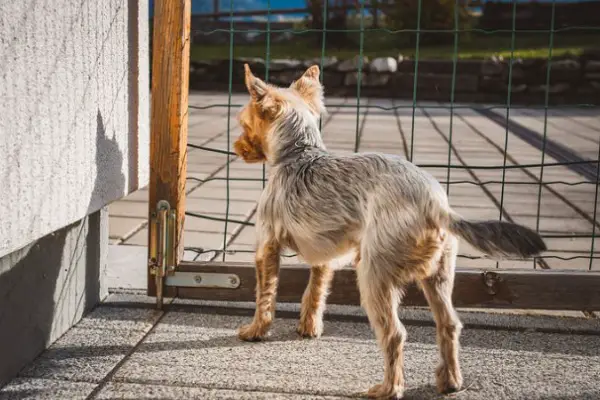
![How to Know if Your Dog is Deaf [12 Signs & Tips] How to Know if Your Dog is Deaf](https://petcreeks.com/wp-content/uploads/2023/09/medicine-5003631_640-1.jpg)
